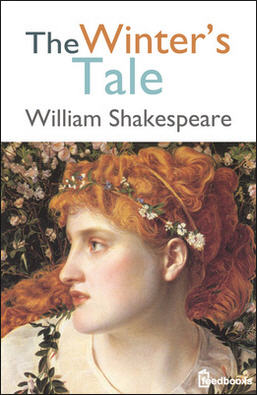
My friend Robert sent me this book, knowing that I am a bit of a Shakespeare buff. It’s a work of historical fiction intended for a young adult audience. The story is a fictional memoir of a boy actor, John Rice, who assumed the female roles in performances during the rule of King James I.
Similar to what the world is experiencing now with COVID, the plague was rampant in the Jacobean period, and this led to the closing of theaters as a way to control the spread.
In 1603 the plague once again struck London with a terrible ferocity, bringing about the deaths of thousands of innocent men, women and children. To help stop the spread of the dreaded disease, which at its height was laying more than thirteen hundred innocents dead from one Sabbath to the next, it was ordered that theaters in London be closed.
(p. 17)
As John begins his apprenticeship and is groomed to transform himself into female roles on stage, he must confront questions of gender identity and seems to accept the idea of gender fluidity.
This was, or so it seems to me, at the heart of the questions that has haunted my thoughts and even my dreams throughout my life on stage. What exactly is it that makes one a man? Or a woman? Or is it possible to be composed of elements of both? Is there a difference between how you are seen by the world and how you see yourself?
(p. 50)
Some of the more interesting aspects of this book, for me anyway, are the fictional dialogs between Shakespeare and John Rice, as Shakespeare provides insight into the plays and various roles to help John better embody the role. One in particular stands out, where Shakespeare claims that the Guy Fawkes conspiracy helped inspire the themes he would explore in Macbeth.
“What concerns me, John, now that all involved in the nefarious Gunpowder Plot have been given the justice they deserved, is how and why it could have happened. Not merely the specific political and religious reasons for the plot, but in a larger sense how does a seemingly normal if ambitious Scottish nobleman become a murderous tyrant and perform such truly unthinkable and unutterable acts of violence? What sort of lies and stories and pretended reasons do such men tell themselves to justify their actions? Is the source of evil within themselves, or are they being acted upon by outside forces?”
(p. 115)
These are questions that are just as important today as they were in the 1600s. People somehow convince themselves that the cruel and violent acts they commit are somehow justified, even heroic. Is this a part of who we are as a species, or do we allow the words of others to enter our ears and poison our thoughts?
As always, thanks for stopping by and sharing in my musings. I hope you are well, and please stay safe and sane in these turbulent days.









You must be logged in to post a comment.